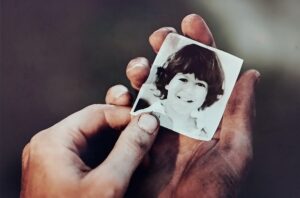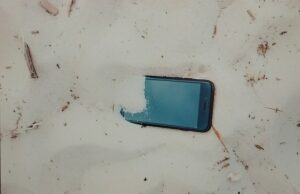
Have you ever lost something—a favorite piece of jewelry, a childhood toy, or even a well-worn jacket—and felt a surprising wave of sadness, even though you knew you could replace it? It’s a strange feeling, isn’t it? Logically, we know that many objects can be bought again, but emotionally, it’s not that simple. The loss can feel personal, almost like losing a piece of ourselves. So, why does this happen? Why do we form such deep emotional bonds with objects, even when they’re replaceable?
Let’s dive into this fascinating topic and explore the psychological, social, and even evolutionary reasons behind our attachment to lost objects.
1. The Psychology Behind Our Attachment to Objects
1.1. Objects as Keepers of Memories
One of the biggest reasons we feel connected to objects is their ability to hold memories. Think about it: that old watch you lost might have been a gift from a loved one, or that scratched-up coffee mug might have been your go-to during late-night study sessions in college. Objects become physical reminders of moments, people, and emotions. When we lose them, it can feel like we’re losing a piece of our past.
Nostalgia plays a huge role here. It’s that bittersweet feeling of longing for the past, and objects often act as triggers for it. Losing something tied to a cherished memory can leave us feeling unmoored, as if a part of our story has been erased.




